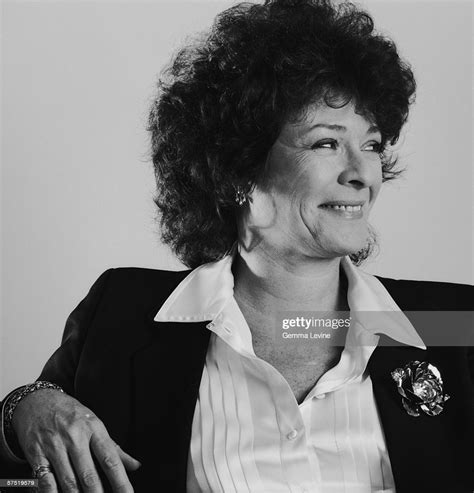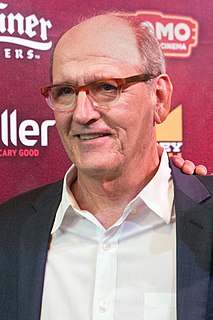A Quote by Ambrose Bierce
The palmist looks at the wrinkles made by closing the hand and says they signify character. The philosopher reads character by what the hand most loves to close upon.
Related Quotes
When I'm writing, I try to have the mask of my character on as I'm walking through the world. When I'm not at my desk, the rest of the time, I try to stay in that character and see the world the way that character would It's almost like method acting in a way — keeping the character close the way the actor keeps a script close and always tries to be in character.































